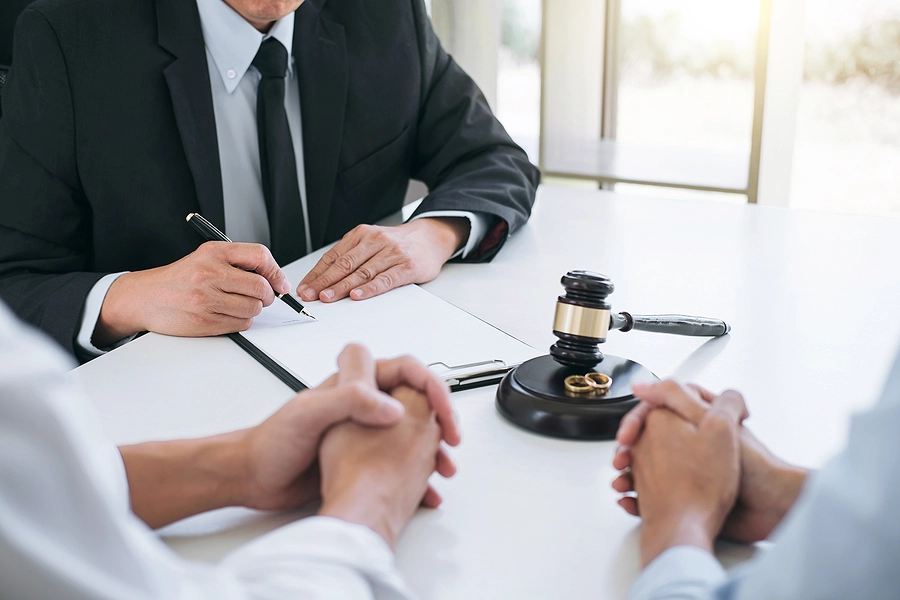How to Document Your Injuries for a Strong Personal Injury Claim

Accurate documentation of your injuries is crucial for building a strong personal injury claim in Florida. Properly documenting your injuries not only helps in establishing the extent of your suffering but also supports your case in negotiations and court proceedings. Here’s a guide on how to effectively document your injuries to bolster your claim.
Seek Immediate Medical Attention
The first step in documenting your injuries is to seek prompt medical attention. This serves several important purposes:
- Medical Records: Your visit will generate medical records detailing your injuries and treatment. These records are critical in proving the severity and cause of your injuries.
- Evidence of Injury: Immediate medical attention provides evidence that your injuries are directly related to the incident in question.
Keep Detailed Medical Records
Maintain comprehensive records of all medical treatments and interactions related to your injuries. This includes:
- Doctor’s Notes: Collect notes and reports from every healthcare provider you see. These documents will outline your diagnosis, treatment plans, and any recommendations for future care.
- Test Results: Keep copies of any diagnostic tests, such as X-rays or MRIs, which can illustrate the extent of your injuries.
Document Symptoms and Pain Levels
Keep a detailed journal of your symptoms and pain levels. Regularly updating this journal can provide evidence of:
- Progress: Track how your injuries are evolving over time, including any improvements or worsening of symptoms.
- Impact: Document how your injuries affect your daily life, work, and overall well-being.
Collect Evidence of Physical Evidence
Physical evidence can support your claim by showing the tangible effects of your injuries. This includes:
- Photographs: Take clear and dated photos of visible injuries, such as bruises, cuts, or swelling. Continue to update these photos as your injuries heal.
- Medical Equipment: If you use medical equipment like braces or crutches, document their use and necessity.
Keep Records of Your Treatment and Expenses
Document all treatment-related expenses to substantiate your financial losses. This includes:
- Receipts: Save receipts for medical bills, prescription medications, and any other healthcare-related expenses.
- Invoices: Keep detailed invoices from healthcare providers, including information about the services rendered and their costs.
Maintain a Record of Lost Wages
If your injuries have impacted your ability to work, document all related information:
- Absence Records: Keep track of the days you miss work and provide documentation from your employer confirming your absences.
- Income Loss: Record your lost wages and any potential future earnings affected by your injuries.
Document the Impact on Your Daily Life
Your injuries may affect various aspects of your daily life. Documenting these impacts can include:
- Daily Activities: Note any changes or limitations in your ability to perform routine tasks, hobbies, or activities you previously enjoyed.
- Emotional Impact: Record any emotional or psychological effects of your injuries, such as anxiety or depression, which may require professional treatment.
Gather Witness Statements
If there were witnesses to the incident that caused your injuries, collect their statements or contact information. Witness testimony can provide additional support for your claims.
Consult with a Personal Injury Attorney
Engage a personal injury attorney who can guide you on the documentation process and ensure that you are gathering all necessary evidence. An attorney can help:
- Evaluate Evidence: Assess the relevance and effectiveness of your documentation in supporting your claim.
- Organize Records: Assist in organizing and presenting your evidence in a manner that strengthens your case.
Conclusion
Properly documenting your injuries is essential for building a strong personal injury claim in Florida. By following these steps, you ensure that you have comprehensive evidence to support your case, whether during settlement negotiations or in court. Accurate and detailed documentation can make a significant difference in the outcome of your claim, helping to secure the compensation you deserve for your injuries and losses. Consult a personal injury attorney for guidance with your personal injury claim in Florida.
